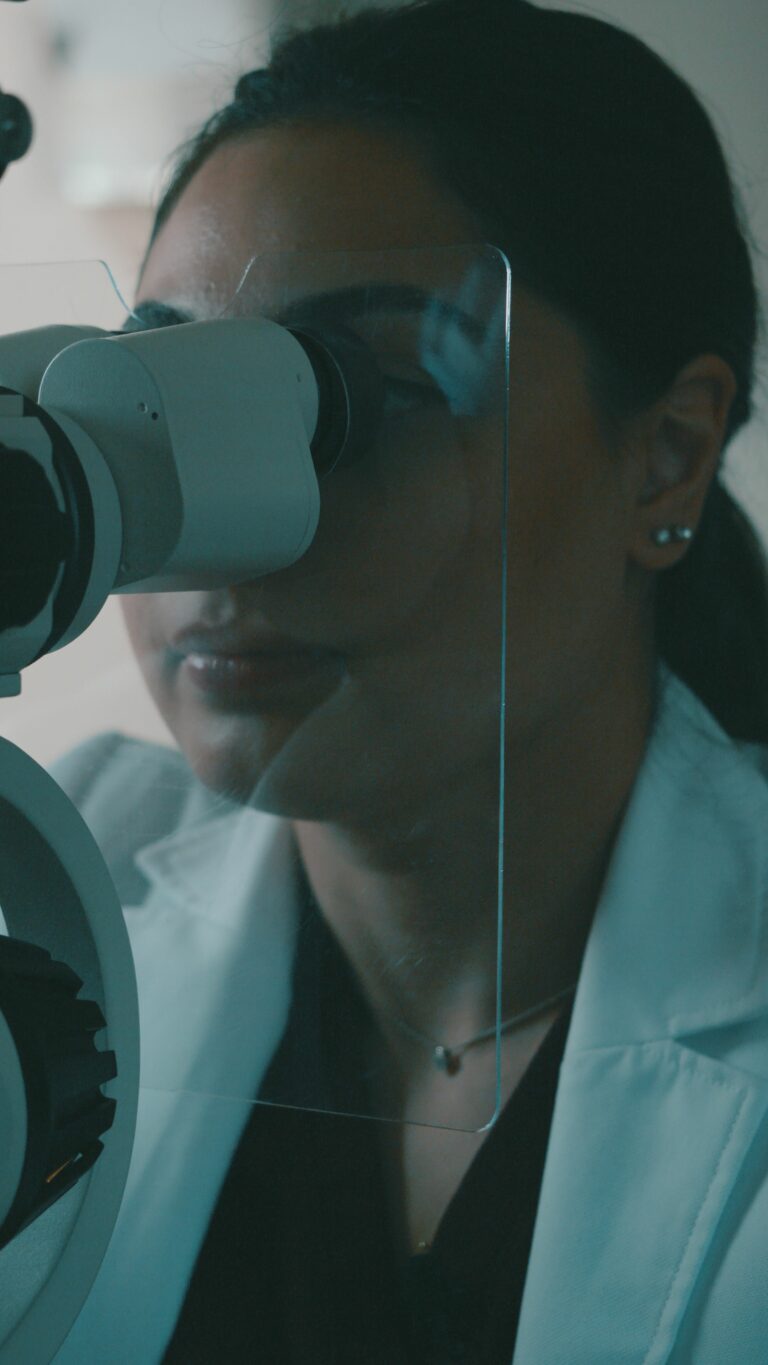A comprehensive eye examination includes several key components. Initially, the optometrist collects your history to understand any current eye or vision problems, overall health, and any environmental or work-related factors that could affect your vision. They will also inquire about your medication usage and any previous health conditions that you or your family have experienced. Visual acuity tests are conducted using reading charts to measure how clearly each eye sees, with results typically expressed as a fraction like 20/40, where 20 represents the test distance in feet, and 40 is the smallest letter size you could read.
Preliminary tests may assess various visual functions and eye health, such as depth perception, color vision, and how your pupils respond to light. Keratometry or topography tests measure the curvature of your cornea, crucial for fitting contact lenses properly.
During refraction tests, different lenses are tried using a phoropter to determine the correct lens power needed to correct any refractive errors like nearsightedness or astigmatism. Tests for eye focusing, teaming, and movement evaluate how well your eyes work together, focusing effectively and moving in sync. The eye health evaluation involves using advanced equipment to examine all eye structures, often supplemented by dilating drops for a clearer view, which is critical for detecting any underlying conditions.

